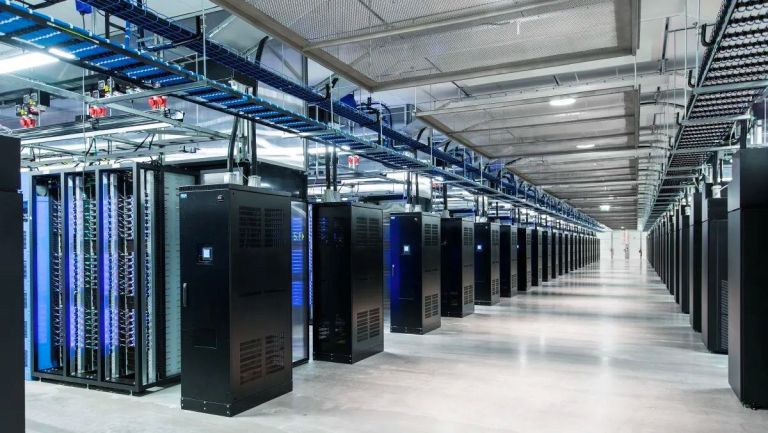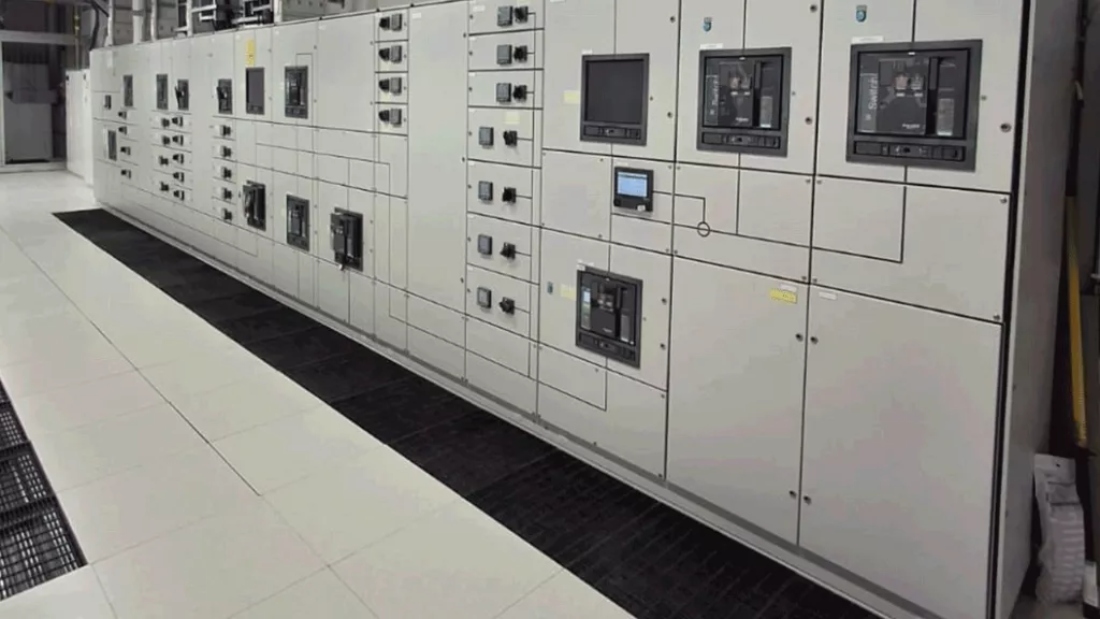Data Centers: Greece on the Digital Map of the Next Decade

Πηγή Φωτογραφίας: AP Photo/Data Centers: Greece on the Digital Map of the Next Decade
In a global infrastructure chess game, Greece is positioning itself as a regional hub for data centers, as the digital power map is being redrawn rapidly in response to the rise of Artificial Intelligence (AI) and its computing demands.
According to a recent report by Cushman & Wakefield Proprius, Athens is now considered one of the most promising destinations in Europe for data center development. Its strategic location between Europe, Asia, and Africa, combined with its accelerating digital transformation, makes it an ideal hub for cloud infrastructure.
Greece – A Rising Cloud Infrastructure Hotspot
Planned and ongoing investments are expected to exceed €1.2 billion over the next five years, with major global and domestic players leading the way:
- PPC & DAMAC (Data In Scale): Large data center project in Spata, expected to be completed by 2026.
- Dromeus Capital & Apto: Two high-tech data centers in Spata, €300 million investment.
- DATA4 (France): Three data centers under construction in Paiania, also €300 million.
- Microsoft & Google: Significant data center infrastructure to support cloud services in Greece.
- Lancom (Greece): Expanding the Balkan Gate project in Thessaloniki to position Greece as a regional digital hub.

Data Centers: Local Job Creation or Strategic Presence?
Despite the scale of these investments, one crucial question remains: Will they translate into local economic growth and job creation—or are they purely strategic infrastructure?
The answer is complex. According to Global X, data centers are no longer just about file storage or running everyday software. Today, they are AI super-factories, operating 24/7 to handle the exploding computing power needs of generative AI.
AI Is Redefining Data Center Design
The rise of AI has transformed the data center industry:
- Global data volumes rose 1,258% between 2015–2025.
- Data center electricity consumption will reach 945 TWh by 2030.
- $455 billion was spent globally on data centers in 2024, up 51% from the previous year.
From ChatGPT to AI tools in healthcare, logistics, customer service, and fraud detection, user demands now include rich, multimodal inputs—text, images, video—and the infrastructure is struggling to keep up.
The “Toll Stations” of the AI Economy
Global X calls data centers the “new toll stations” of the AI-driven economy: Essential for AI development, data flow, and global innovation.
As AI models become more powerful and accessible, infrastructure must scale up. The industry is now building data centers not just for storage, but for real-time, high-density AI workloads.
Capacity Crunch: Global Supply Running Tight
In the U.S., available data center capacity is at historic lows. In Q1 2025, average vacancy was just 1.6%, with major hubs like Northern Virginia running even tighter.
Even with unprecedented expansion—7 GW of new capacity added globally in 2024—the industry is struggling to keep pace. This shortage gives existing operators strong leverage:
- High tenant retention,
- Record-high rents,
- Minimal price resistance during renewals.
Europe and Greece Catching Up
Europe is accelerating AI-related infrastructure projects. Analysts expect the EU to absorb a record 937 MW of data center capacity in 2025, up 43% year-over-year, supported by national AI and digital strategies.
Operators like Equinix and Digital Realty are already securing major contracts in international markets—including southern Europe.
Greece: The Opportunity and the Challenge
Greece is moving at the right time—but success depends on:
- Power infrastructure reliability, crucial for AI workloads.
- Skilled workforce availability, especially in IT and data engineering.
- Efficient permitting processes, to fast-track construction.
- Strategic use of projects, ensuring digital sovereignty and local benefit.
The AI revolution is here, growing at exponential speed. The question is no longer whether to follow, but whether a country can become an active node in this new digital infrastructure.
Greece is making its move. Now it must prove it’s not just a transit point, but a strategic player in the reshaping of the digital world.
Source: pagenews.gr
Διαβάστε όλες τις τελευταίες Ειδήσεις από την Ελλάδα και τον Κόσμο






Το σχόλιο σας